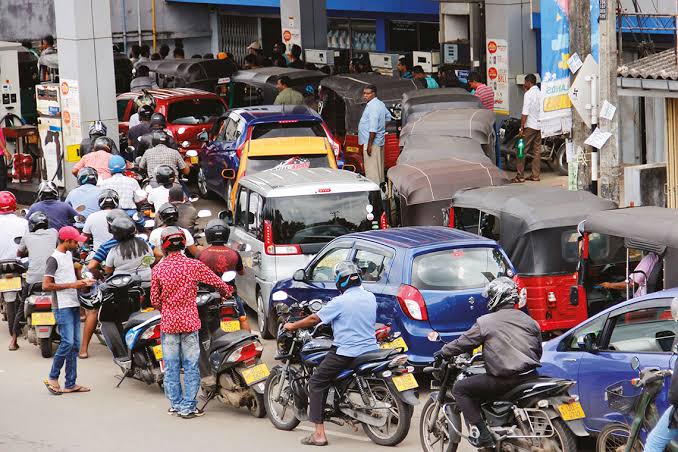Headlines
CEO decries impact of subsidy removal

The Chief Executive Officer of Tauraf International Limited, a farm based in Iseyin, Oyo State, Chief Babajide Ayoade, has called for the withdrawal of the new policy on fuel subsidy.
While speaking with journalists in Lagos, he said fuel subsidy removal would have adverse effects on the working population of Nigeria.
Ayoade, who is also the Laguna Balogun of Ibadaland, said those talking about subsidy removal were not thinking of the other side of subsidy removal.
He said when late ex-President, Umaru Yar’dua, became president of Nigeria, subsidy was there but he revisited it and did proper investigation on the cost of the subsidy.
He noted that Yar’dua was able to reduce the cost of subsidy from $1.2bn to $400m until he died, and everything changed thereafter.
While urging President Bola Tinubu to withdraw the subsidy removal, he said, “The first question to ask when people talk of subsidy is that what is the real cost of subsidy?
“Let us know the actual cost of it. In the real sense of it, how many cars are on Nigerian roads?
“When you remove subsidy, the common sense says you have to do salary increment. And if you have to face the reality of the day because everything has gone up by 200 per cent, the minimum salary will become N90,000 or N100,000 per month.”
He added that, “When you check this differential over the number of civil servants across the nation, what you will need to pay the salaries of civil servants is over $12bn. So, where is the subsidy?”
“Now the population of civil servants and political office holders in Nigeria is just 1.8 per cent of the nation’s population. This means that 98.2 per cent will start to suffer.
“Three things will happen; you have a salary structure of say N12m, and now, they are asking you to come and pay instance salaries N42m as salaries.”
He noted that the economy had not been buoyant.
Speaking further, he said, “The first thing you will do is retrenchment, and you know that the private sector is the major employer of labour in Nigeria.
“And if for instance, Nigeria has a population of 30 million workers, that means 15 million people will become unemployed by way of retrenchment.
Disclaimer: No copyright infringement intended. All rights and credits reserved to respective owner(s).












